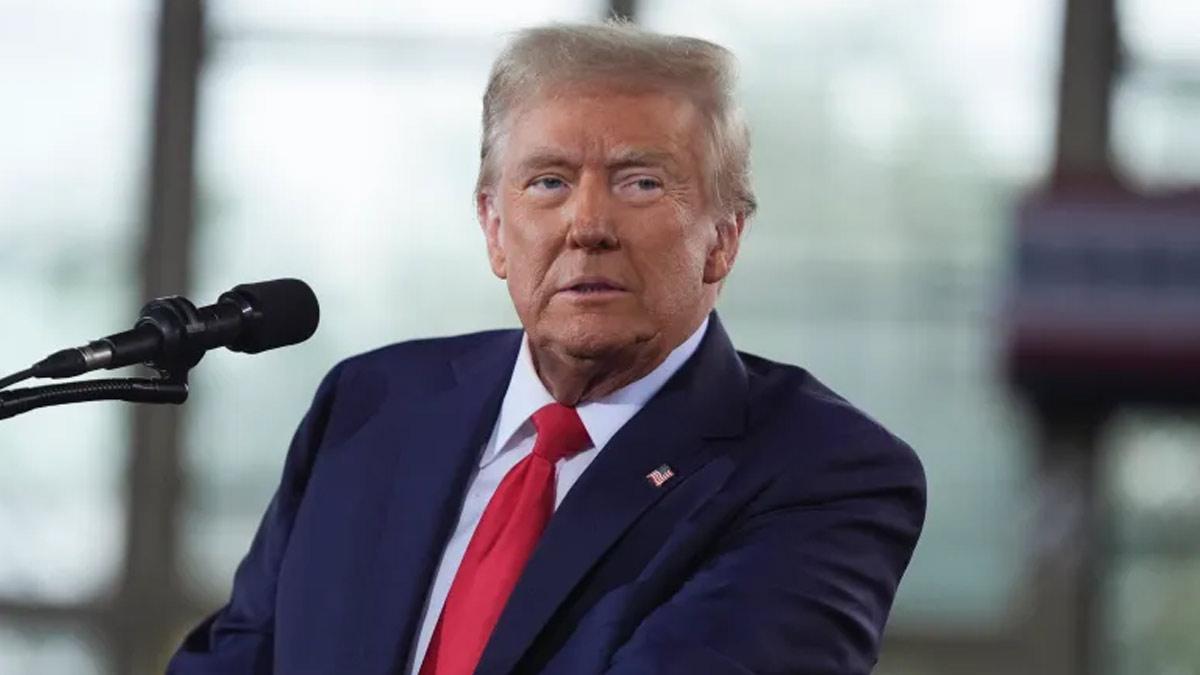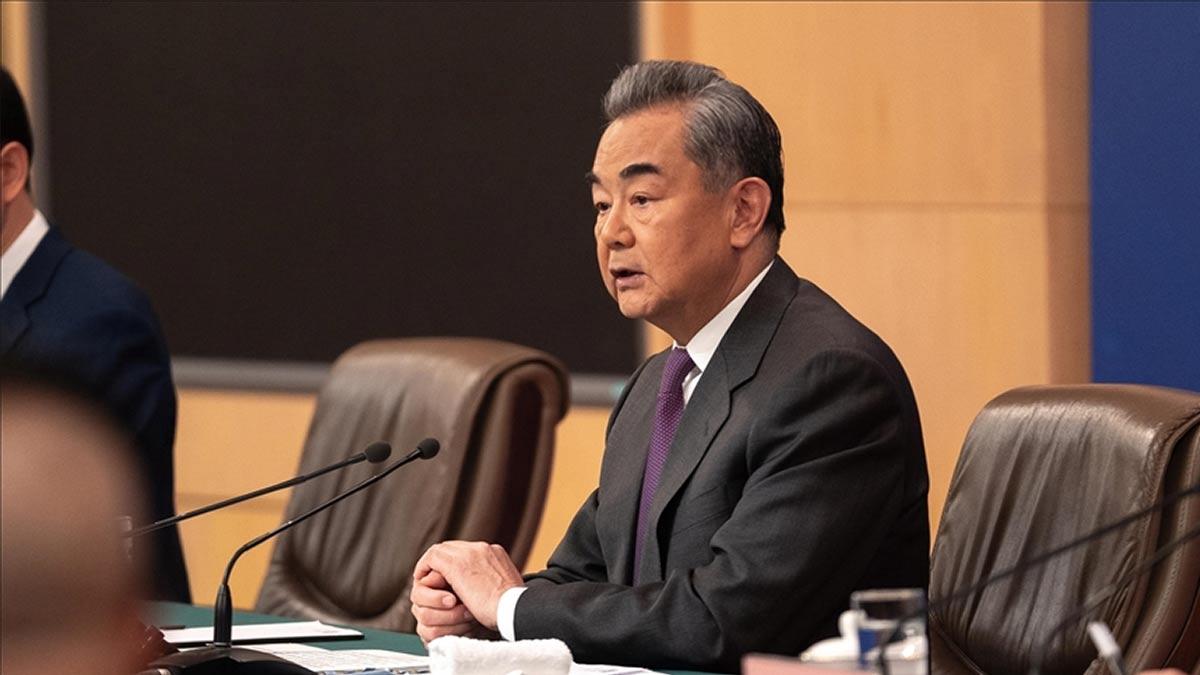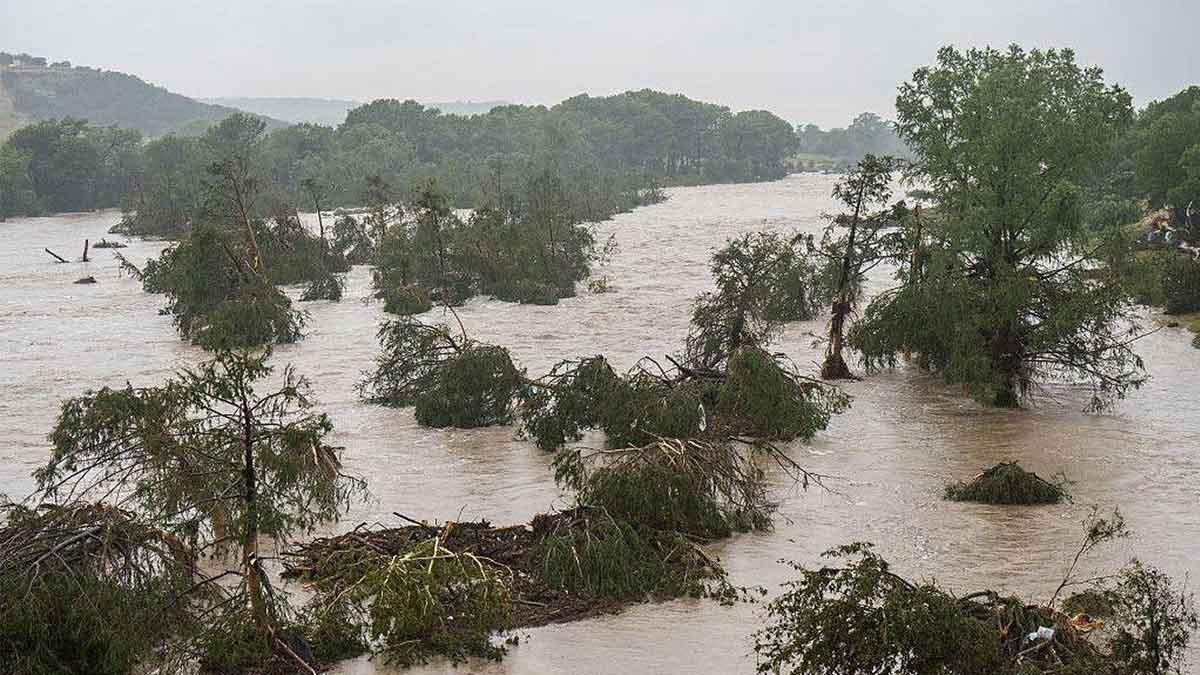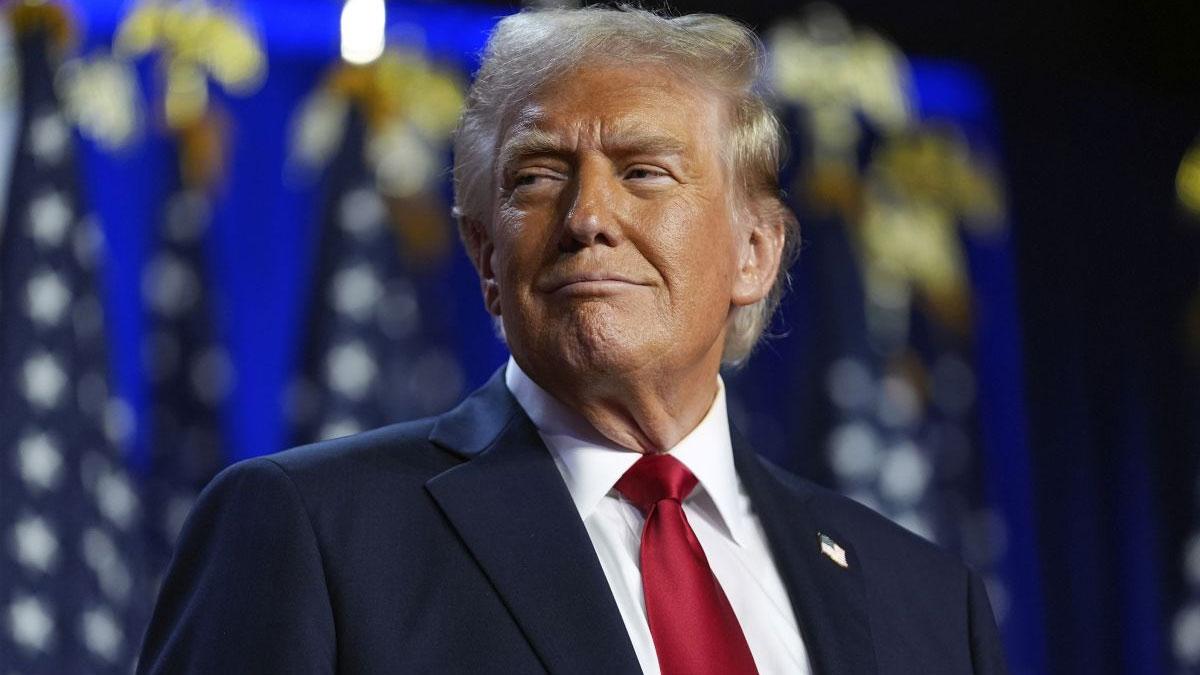When BRICS leaders meet in Rio de Janeiro on Sunday, July 6, 2025, tensions are likely to be high regarding U.S. trade policies during Donald Trump's tenure, as well as despite internal discord hindering agreement on disputes in the Middle East.
Accounting for nearly half of the world's population and 40% of worldwide economic activity, the BRICS countries are set to present a joint protest over what they view as discriminatory American import tariffs, insiders privy to the negotiations during the summit said.
Since assuming office in January, President Trump has imposed a belligerent sequence of tariff threats on not only geopolitical competitors but also on long-standing allies. His latest action is letters that will be sent beginning on Friday, July 4, warning trade partners about new tariffs to go into effect July 9.
Representatives from 11 emerging markets, which include original BRICS members Brazil, Russia, India, China, and South Africa, have been negotiating the completion of a coordinated statement critical of the economic turbulence these policies have created.
While the hoped-for summit statement is not likely to name the United States or President Trump directly, its tone is likely to be a sharp rebuke. "We expect a formal but cautious tone for the summit: it will be hard to refer to the United States by name in the final statement," said Marta Fernandez, director of the BRICS Policy Center at Rio's Pontifical Catholic University.
China, for instance, has to walk softly because it just negotiated with Washington to end a debilitating tariff war. "This does not appear to be the opportune time to ratchet up further tension" between the world's two largest economies, Fernandez said.
Initially created two decades ago as a group of high-growth economies, the BRICS bloc has grown into what most view as a China-dominated check on Western power. But President Xi Jinping of China's decision not to attend this year's summit—the first during his 12 years in office—may weaken its geopolitical presence.
"I think there will be speculation regarding why Mr. Xi wasn't there," stated Ryan Hass, a former China director at the U.S. National Security Council and currently a fellow at the Brookings Institution. "The most straightforward explanation might have the most explanatory value. Mr. Xi invited Mr. Lula to Beijing recently," he said.
President Xi won't be the sole important person absent at the summit. Russian President Vladimir Putin, who faces international war crimes charges, will not come in person but appear by video link, the Kremlin confirmed. Hass indicated that India's Prime Minister Narendra Modi being feted in Brazil could also be part of the reason. "Mr. Xi does not want to feel upstaged by PM Modi," who will be hosted to a state lunch, he said. “I expect Mr. Xi’s decision to delegate attendance to Premier Li (Qiang) rests amidst these factors,” he added.
Xi’s absence is a setback for Brazilian President Luiz Inacio Lula da Silva, who is keen on positioning Brazil as a key player on the world stage. By November 2025, Brazil will have hosted the G20, the BRICS summit, and the COP30 climate summit—all ahead of a high-stakes presidential election in which Lula is likely to seek re-election.
Also missing the summit is Iran's President Masoud Pezeshkian, as the nation is still reeling from the effects of a 12-day war with Israel.
Negotiators are split on how BRICS should approach the double crises in Gaza and the Iran-Israel conflict. Iranian diplomats are said to be pushing for a stronger collective stance moving beyond broad appeals to resolving conflict peacefully and the creation of a Palestinian state.
Besides geopolitics, the summit will also touch on common priorities like artificial intelligence and public health.
Since its start with Brazil, Russia, India, and China, BRICS has grown to incorporate South Africa, and most recently, Saudi Arabia, Iran, the United Arab Emirates, Egypt, Ethiopia, and Indonesia.
According to experts, the expansion has increased the international standing of BRICS but added new complexities within.
In spite of the difficulties, Brazil is optimistic that solidarity will overcome. "BRICS (nations), in all their history, have been able to speak with one voice on great international questions, and there's no reason why it should not happen this time on the issue of the Middle East," said Brazilian Foreign Minister Mauro Vieira to AFP.
Read also| Trump Enacts Sweeping Legislation Dubbed 'One Big Beautiful Bill'
Read also| Watch| Where is one B2 stealth bomber of US Air Force that took part in Iran bombing?


















